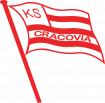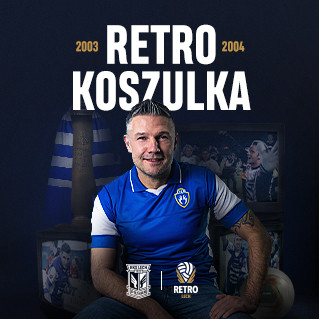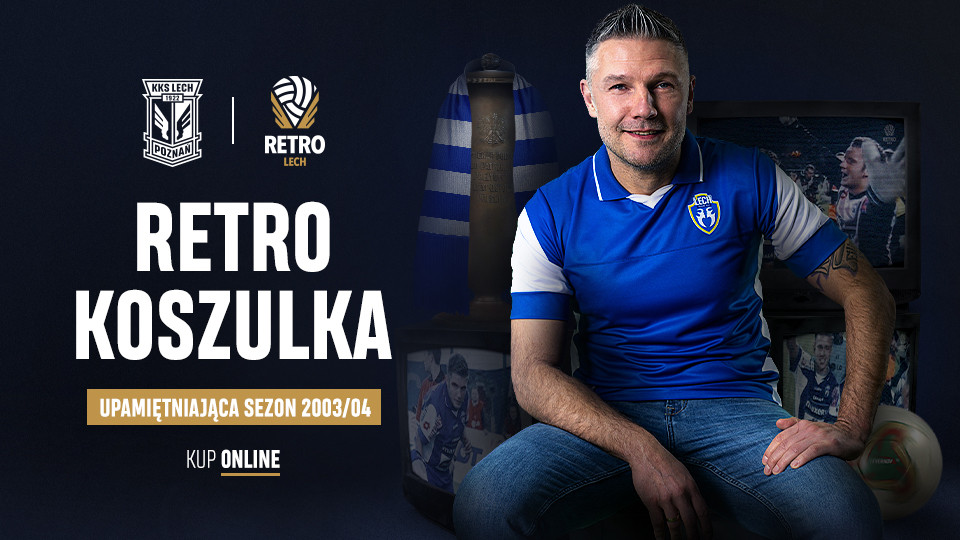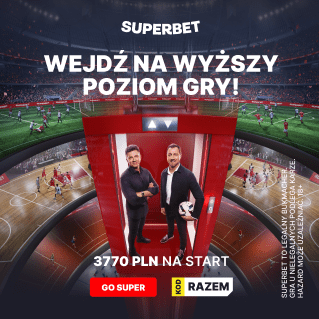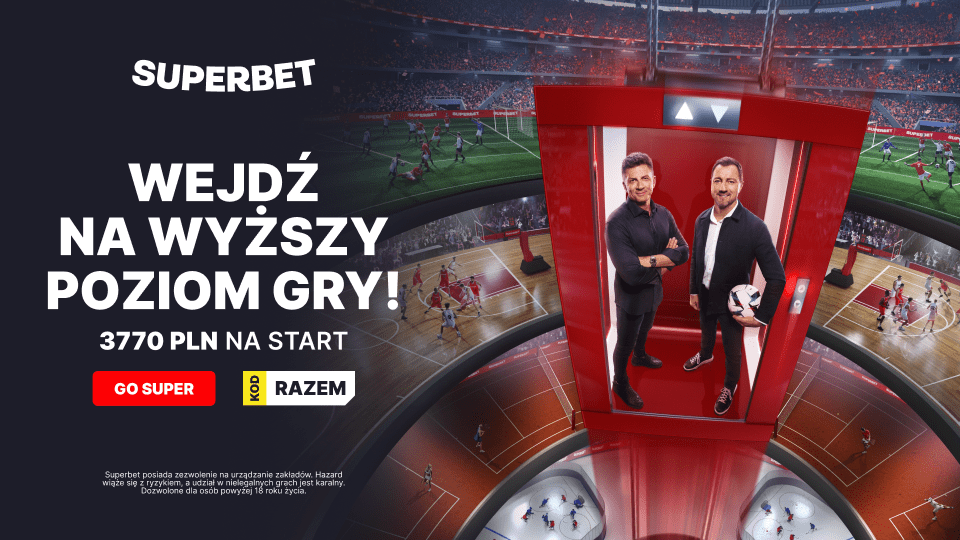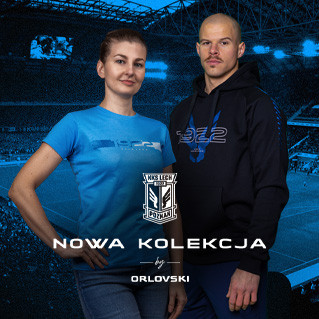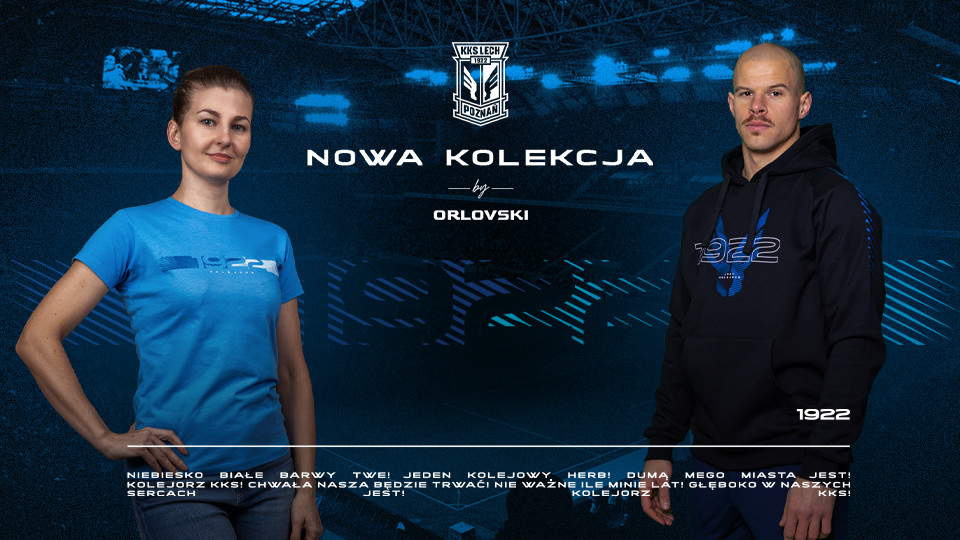Chairmen
Even though Lech's history has been written down a couple of times and many historical moments can be found in the press archives, over the years doubts about the birthday of the club and the chairmen have arose.
For over half a century since Lech's birthday Stanisław Dereziński was considered the founder and the first chairman of the Polish club. This is how he is often portrayed, for instance in the monographs published by the club on the 40th and 50th anniversary. Most probably, Dereziński was told to be the founder due to his high-ranked position in the railway, which at the times had a great propaganda influence. Meanwhile, the next monograph published by the club presented the new discovery, thus the club diploma from 1922. Those documents prove that it was actually Antoni Stachowski who was the chairman of the club at the time, but he wasn't the first one to occupy the position. For years Jan Nowicki, the former forward, governed the club from Dębiec, even though he joined Lech a couple of years after the club's creation. Now we know that the similarity of the surnames caused confusion and if there was anyone to occupy the seat of the chairman before Stachowski took over the club, it must have been Nowicki.
-
Jan Nowak
19.03.1922 – 04.08.1922
There is no use in looking for Nowak in the club's almanacs, but he was the co-creator and the player of Lutnia.
-
Antoni Stachowski
04.08.1922- 1925
The first chairman to be recorded in the archives. His signature is a part of the club's oldest recovered document - the diploma awarded to Franciszek Kernlein for finishing second in the street run organized on August 6th, 1922. It is said that Stachowski took over the club when Lutnia was converted into Dębiec League.
-
Leon Nowicki
1925 – 03.1926
The next man to commit to the club both on the pitch and off. Nowicki governed the club when the team was competing in C-class as Sport Association Dębiec League. Dębiec was already a part of Poznań city.
-
Stanisław Dereziński
03.1926 – 09.1933
For a long time he has been considered the founder and the first chairman of the club, whereas in reality he took over the club years later. He was the one who initiated the cooperation between the club and the railway, which eliminated any financial problems. During his governance the club was promoted to A-class and started to be recognized in the national competition.
-
Józef Chrobak
09.1933 – 01.1935 and 16.03.1945 - 23.06.1945
He was the co-initiator of the idea that KPW (Railway Army Training) branches should be joined into one - an event that finally took place in September 1933. The creation of a good club, mainly recognized thanks to the basketball team, helped develop other sport sections. During Chrobak's governance the club changed the stadium, which was completed in a short period of time thanks to the determination and commitment of the railway men. Chrobak was the only chairman in the club's history to govern before and after the war.
-
Michał Małaczyński
01.1935 – 1937
His governance remains in the shadow of more popular and successful pre-world-war-II chairmen, therefore there is little about Małaczyński in the club's archives. During his rule the footballers went through a crisis and struggled to succeed in the region.
-
Wojciech Pater
1937 – 09.1939
One of the greatest chairmen to lead the club. Due to his surname he is often referred to as "father" ("pater" in Latin means "father"). Pater is mostly associated with the basketball team who was very successful at the time. He was skilled and committed to running the club and he even managed to reorganize the existing sport sections and create new ones.
-
Tadeusz Zawiślak
23.06.1945 – 1946
He played a significant role in the construction of a new stadium. He was chosen as a chairmen and although he governed for a short period of time only, he did it really effectively. The number of club members rose (the football section (organized by Franciszek Brodka) alone had 228 members) which led to the creations of reserves.
-
Stanisław Nawrocki
1946 - 09.01.1948
Under his governance the team reached the national competition and took part in the fight for the Polish championship for the first time in history. In 1947 the club was placed 4th in the qualifications to the re-actived I league - a rank that did not give promotion. However, the club kept on fighting and after the verification of the match lost by Lech 2:4 against Polonia Świdnica, which went as far as to the court, the Polish Football Association finally expanded the I league and let Lech advance further, all thanks to the determination of Nawrocki.
-
Tadeusz Bronowski
09.01.1948 – 1951 and 1954 - 1956
He was a chairman twice. He became the leader of the club after it was renamed from Railway Football Club to Railwaymen Professional Association (a result of re-organizational processes of sports in Poland). The name was changed again a year later. The team succeeded twice, by being ranked 3rd in the league. His second governance wasn't that successful.
-
Jan Szafrański
1951 - 1954
One of the two activists who divided Bronowski's governance periods. Despite being a chairman for three years, he wasn't remembered by many.
-
Franciszek Ciastko
1954 - 1954
One of the chairmen who lasted the shortest. He ruled the club for a few months only.
-
Tadeusz Wrona
1956 - 12.1958
The man did not hide the fact that he became the chairman by accident. He took over the club due to the command given by the railway board, but he nonetheless managed to succeed. He was the main initiator of the renovation of the stadium located in Dębiec, which used to be too small for the club's needs. Despite little money, the stadium's capacity increased to 22 thousand people and was adjusted to watching football matches live at the cost of the running track. Under his governance the club was renamed to Lech.
-
Zygmunt Sobczak
17.02.1959 - 12.02.1962
Under his governance Lech rejoined the top national league (after a relegation). The team was being re-built back then. Teodor Anioła was the last member of the ABC trio to retire at the time.
-
Wacław Drab
12.02.1962 - 21.09.1975
One of the legendary chairmen. He occupied the post for the longest time in the club's history. Under his governance the club structures were reorganized the club itself became strong again. He was the one to initiate a search for the land for a new stadium, knowing the limitations of Dębiec region. Vice-chairman Pieńczak found a perfect spot in Grunwald region and the construction began in 1968. In the mean time the team was relegated to the III league, just to return to the top national competition in 1972. Drab was fully committed to the club and only a serious illness forced him to retire. A basketball memorium match is played to honor his memory.
-
Mirosław Sadowski
27.10.1975 - 11.1977 and 01.08.1978 - 23.11.1979
It wasn't easy to govern the club after Drab left, and it was even harder to be as successful. Nevertheless, during Sadowski's rule the players stabilized their position on the international arena and later on competed in the international competition for the first time. One of the four men to rule the club twice.
-
Stanisław Chełstowski
11.1977 - 01.08.1978
He replaced his predecesor (and later successor) for 6 months only, but in the mean time the footballers won a bronze medal.
-
Stanisław Stachnik
23.11.1979 - 06.03.1980
The chairman who sat on the important seat for 104 days only (still longer than Ryszard Dolata during his second governance).
-
Bogdan Zeidler
06.03.1980 - 15.02.1991
After 5 years the club finally found a man who was a worthy successor of Drab. In the 10 years during which Zeidler ruled, the club achieved remarkable things. The stadium at Bułgarska street was finally ready, a Polish Cup and 4 national championships followed, as well as multiple successes on the international arena (against Liverpool or Barcelona), or the basketball team which was in Europe's top 8 in 1989. However, due to the weakening support of the railway, only the most important and popular sport sections survived.
-
Jerzy Borowiak
15.02.1991 - 01.10.1993
He governed Lech as the team won the championship in 92' and 93'. Nevertheless, the club's financial situation was poor and it functioned mainly thanks to Ryszard Górka's (and his company's Erge) help.
-
Jan Grodziski
01.10.1993 - 29.03.1994
His short rule lasted less than a season. The team was no longer as powerful as it used to be and it couldn't match the top clubs in the country.
-
Ryszard Dolata
29.03.1994 - 18.06.1998 i 30.03.1999 - 07.07.1999
The last of the chairmen who ruled twice. He took over the club when it was in a terrible financial situation. In June 1994 Dolata changed the name to PKP (Poznań Football Club). The new name highlighted the end of cooperation with the railway. Moreover, the traditional railway crest was re-designed. He passed on the rule to Andrzej Grajewski and returned again or a short period later on.
-
Jakub Andrzej Grajewski
09.07.1998 - 11.12.1998
When Grajewski took over the club, new financial investments followed. The man was known from his activity in Widzew. He decided to govern Lech with Drzymała by his side. Changes were introduced - in season 1998/99 Lech played three matches in Grodzisk Wielkopolski. In addition, the name was again converted, this time into WKP (Greater Poland Football Club). The board even thought about putting the word "railway" back into the name. Grajewski's governance ended within a few months, but he remained committed to the club.
-
Stanisław Butka
07.07.1999 - 02.06.2000
The former chairman of the Regional Football Association saved the club in the season 1999/2000. The cooperation with company Kreisel was meant to help Lech. The media even began to put the name of the new strategic sponsor into the club's official name. However, despite hopeful changes, Lech was eventually relegated.
-
Radosław Majchrzak
02.06.2000 - 30.06.2006
Majchrzak, alongside Radosław Sołtys and Michał Lipczyński, managed to bring Lech back to life. Under their governance Lech became popular once again. Thousands of fans, the return to Ekstraklasa and cooperation with the city government resulted in the Polish Cup and Super Cup trophies (2004). Nevertheless, the financial situation was far from good and thus new changes were introduced in 2005/06.
-
Andrzej Kadziński
30.06.2006 - 31.10.2011
He took over the club after the ownership changes and managed to reconstruct it. The team joined Poland's top clubs and fought for the trophy, just to succeed in 2010. Great achievements on the international arena followed, too. Twice Lech advanced from the group phase of UEFA Cup and Europa League and competed in the 1/16 stage of the tournament. Moreover, during Kadziński's governance the stadium was renovated due to the upcoming Euro 2012 and it was transformed into one of the most beautiful stadiums in the country. Kadziński left the seat and joined the supervisory council.
-
Karol Klimczak
The current chairman has been governing the club since November 1st, 2011. He used to be in charge of the club's finances.
Next matches
Friday
03.05 godz.20:30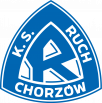 Ruch Chorzów
Ruch Chorzów
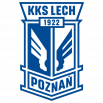 Lech Poznań
Lech Poznań
Recommended
Newsletter
Subscribe







